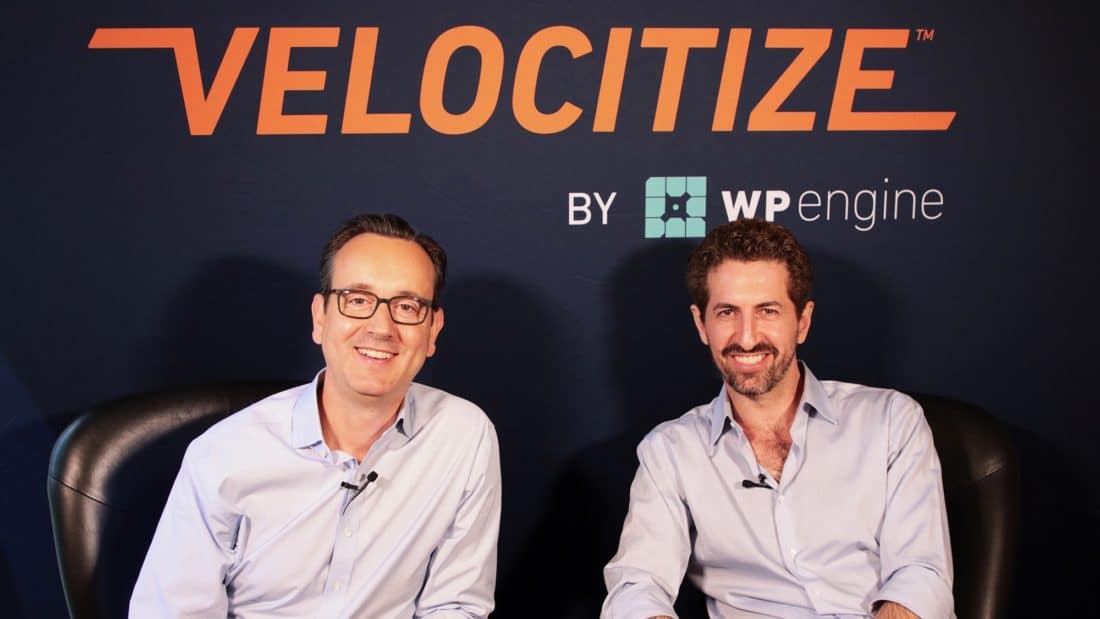Neuroscience is able to predict behavior and guide marketers into the future, says Moran Cerf, professor of neuroscience and business at the Kellogg School of Management at Northwestern University. Neuromarketing is being adapted by businesses because it offers a more accurate picture of consumer behavior, he told Velocitize Talks.
Focus groups have failed marketers, and “companies have realized asking customers questions is not the way to know what they want,” said Cerf. Consumers can sometimes lie to themselves—as when they claim they will lose weight—but their behavior departs from their intentions, he explained.
Neuroscience can read the brain’s reactions to content and get past all human biases to guide marketers more accurately, said Cerf. Hollywood was an early adopter of using brain scans to test movies and the gaming industry followed, both looking to gauge reactions without taking the user out of the experience. Even politicians are now using scanning to fine-tune their messages, said Cerf. Anyone trying to engage an audience can benefit, he said.
There are many ways neuroscience can help brands, said Cerf. It can test the engagement of different features on a website, or the reaction to different offers. “All of those things are in our brain, written, and we can figure them out,” he said.
Ironically, neuroscience has noticed we’re more alike than different, despite what we tell researchers. Younger and older consumers like many of the same things. Consumers can say one thing and do another, but neuroscience can bridge that gap, said Cerf.
Even as they become more dependent on technology, humans still have a tendency to endow it with human qualities, said Cerf. They also do that with brands, which can cut both ways for marketers, he explained: “They get blamed like people … so people tend to forgive them if they say ‘I’m sorry.’”
Neuroscience does raise concerns about privacy because it lacks the filters of other channels, Cerf acknowledged. Neuroscientists are experimenting with creating memories, and biologists on creating preferences genetics, that raises questions of choice, he said.
Watch the full video of this interview, plus other Velocitize Talks interviews, podcasts, and more in our new YouTube channel and join us in coming weeks as we share more interviews, insights and intelligence on Velocitize Talks.
